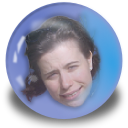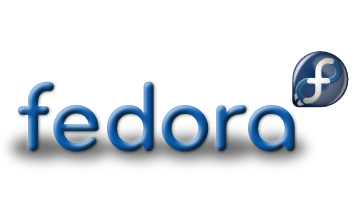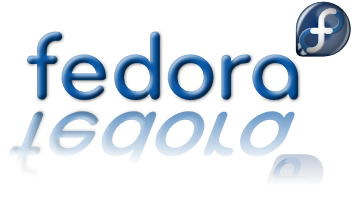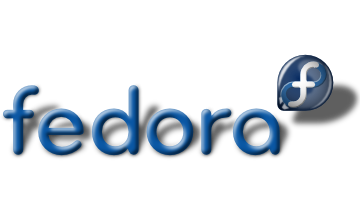No tutorial this week
Bummer of the week
grep -c inova access_log.nicu
0
grep -c inova access_log.nicu.1
350
grep -c inova access_log.nicu.2
34
grep -c inova access_log.nicu.3
594
grep -c inova access_log.nicu.4
0
So as a consequence, I didn't have any incentive to write any tutorial this week, being defeated by my miserable failure. Which is unfortunate, the new Inkscape release is worth celebrating with a tutorial.
Here is a list of tutorial ideas I had in mind at various points in time:
 Drawing faces with Inkscape if you can't draw: using Beziers or the calligraphic tool (there are two distinct ways) you can draw over a photo and do something called a manual trace, resembling the original portrait of the subject. Is not state of the art or some high art, but is good enough if you cant' draw
Drawing faces with Inkscape if you can't draw: using Beziers or the calligraphic tool (there are two distinct ways) you can draw over a photo and do something called a manual trace, resembling the original portrait of the subject. Is not state of the art or some high art, but is good enough if you cant' draw Drawing orbs with Inkscape: this is simple and easy, but Is what I feel a good way to introduce people to the brand new Blur filter in Inkscape. I have not abandoned completely this idea, this tutorial may appear at another time in another place
Drawing orbs with Inkscape: this is simple and easy, but Is what I feel a good way to introduce people to the brand new Blur filter in Inkscape. I have not abandoned completely this idea, this tutorial may appear at another time in another place Touching-up photos with GIMP: with the omnipresent digital cameras, all of us are taking bad photos, so retouching them is an absolute need, but also imperfections of the subject can be corrected (this is called airbrushing): remove blemishes and wrinkles, make the teeth and eyes white, the skin softer and so on. Another problem with the picture I wanted to use in this tutorial is the interdiction to use the photo: "you can do anything with it but don't put it on the 'net" - the thumbnail here should be fair use, but I can't think of a workaround for the full size image.
Touching-up photos with GIMP: with the omnipresent digital cameras, all of us are taking bad photos, so retouching them is an absolute need, but also imperfections of the subject can be corrected (this is called airbrushing): remove blemishes and wrinkles, make the teeth and eyes white, the skin softer and so on. Another problem with the picture I wanted to use in this tutorial is the interdiction to use the photo: "you can do anything with it but don't put it on the 'net" - the thumbnail here should be fair use, but I can't think of a workaround for the full size image.
Some meat
To make this post not so useless, here is some meat: a few 3D effects on the Fedora logo made in Inkscape with a combination of the 3D text tutorial by Ryan and my own research into orbs:



SVG sources are available on my Fedora Artwork page.




Very nice.
ReplyDeleteHaving the text in an actual text element would be even nicer for accessibility reasons
Sure, but the font used in the Fedora logo (called Bryant2) is not free, so my only choice was to use an outline of the wordmark.
ReplyDeletei feel your pain with strings attached to photos like
ReplyDelete"you can do anything with it but don't put it on the 'net"
i have yet to find a good stock photos site that has only PD user submitted photos. (without strings like "you can use this as long as you check with the person first")
mmm, can i smell some sort of open photo library dot org type scheme?
ryan, the situation here ia a bit different: I received the photo presonally from the subject, along with the restriction, so the pain has a different nature :p
ReplyDeletethe best source of PD photos I know about is pdphoto.org. I know about a few initiatives to create open photo libraries, but all of them failed and are not online, I guess the bandwidth usage was to high, contributor interest too low or something like this.
And I was going to make such a tutorial... I explained in this blog how I can be motivated to restart writing tutorials.
ReplyDeleteI am supid: I used to parse my logs for a domain name whitout thinking the reader changed the IP and hostname of the gateway...
ReplyDelete